geo-thermal
byBill
19 years ago
Related Stories
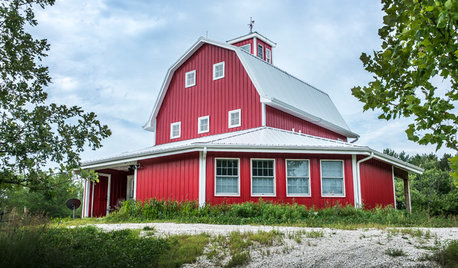
BARN HOMESHouzz Tour: An Energy-Efficient Barn Graces the Nebraska Landscape
Passive-house technologies and a rain-harvesting and greywater system conserve natural resources in this weekend country home
Full Story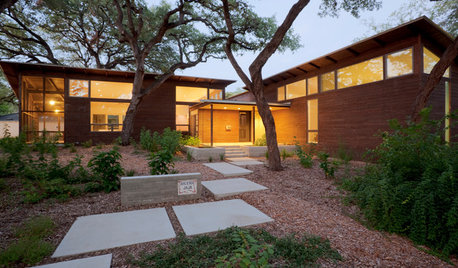
GREEN BUILDINGMeet a High-Tech Home That Monitors Itself
Energy vampires have nowhere to hide in this LEED Platinum home, as energy efficient as it is architecturally beautiful
Full Story
GREAT HOME PROJECTSHow to Add a Radiant Heat System
Enjoy comfy, consistent temperatures and maybe even energy savings with hydronic heating and cooling
Full Story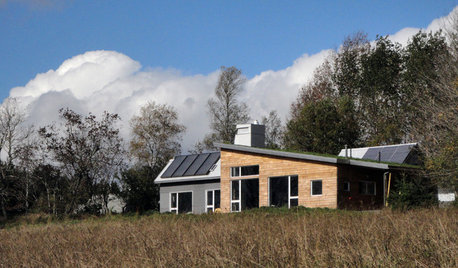
GREEN BUILDINGHouzz Tour: Going Completely Off the Grid in Nova Scotia
Powered by sunshine and built with salvaged materials, this Canadian home is an experiment for green building practices
Full Story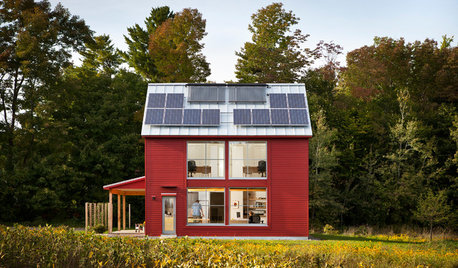
GREEN BUILDINGHouzz Tour: See a Maine House With a $240 Annual Energy Bill
Airtight and powered by the sun, this energy-efficient home in a cold-winter climate is an architectural feat
Full Story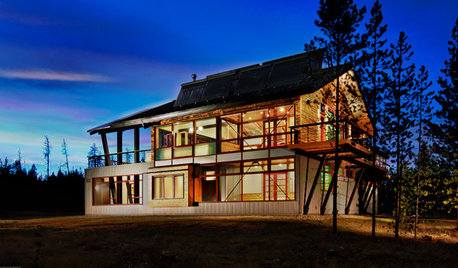
GREEN BUILDINGZero Net Energy: A Hardworking-House Term to Know
Homes that consume only as much energy as they produce by renewable means are a goal for builders. Learn what ZNE means for you
Full Story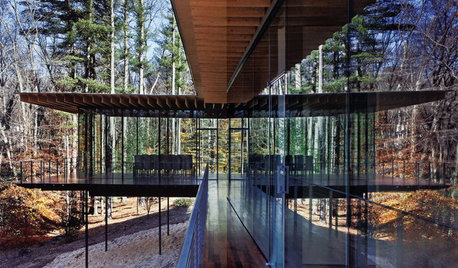
ARCHITECTUREHouses Exposed: Show Your Structure for Great Design
Why take part in the typical cover-up when your home’s bones can be beautiful?
Full Story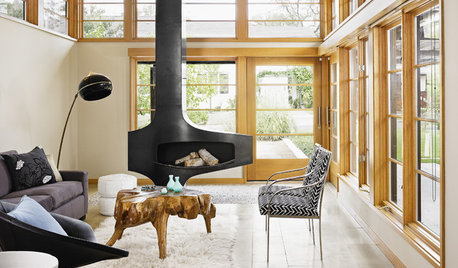
FIREPLACES8 Fantastic Freestanding Fireplaces to Warm Any Room
Free up your room's design and lighten the load on your budget with a freestanding fireplace in a style to suit your taste
Full Story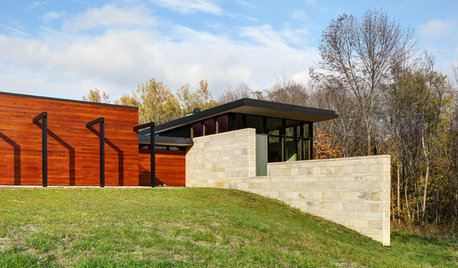
MODERN HOMESHouzz Tour: Fieldstone Divides and Connects a Wisconsin Home
Modern architecture looks right at home on its site, thanks in part to a bold north-south wall of local stone
Full Story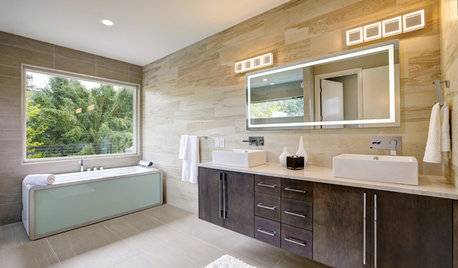
BATHROOM DESIGN8 Elements of Contemporary-Style Bathrooms
Does a sharp, clean and uncluttered bathroom sound good to you? If so, a contemporary design could be the key
Full StorySponsored
Columbus Area's Luxury Design Build Firm | 17x Best of Houzz Winner!






bry84
byBillOriginal Author
Related Professionals
Peabody Solar Energy Systems · Riverside Solar Energy Systems · North Bellport Home Builders · Broadlands Home Builders · Clayton Home Builders · Fresno Home Builders · Harrisburg Home Builders · Saint Peters Home Builders · Vista Park Home Builders · West Pensacola Home Builders · Apex Roofing & Gutters · Huntsville Roofing & Gutters · Sarasota Roofing & Gutters · Chicago Ridge Roofing & Gutters · Murray Roofing & GuttersChief18
Flowerkitty
Chief18
cookingpassion
solargary
rychnc
fsq4cw
rychnc
cookingpassion
rychnc
fsq4cw
solar_niels
fsq4cw
avmg